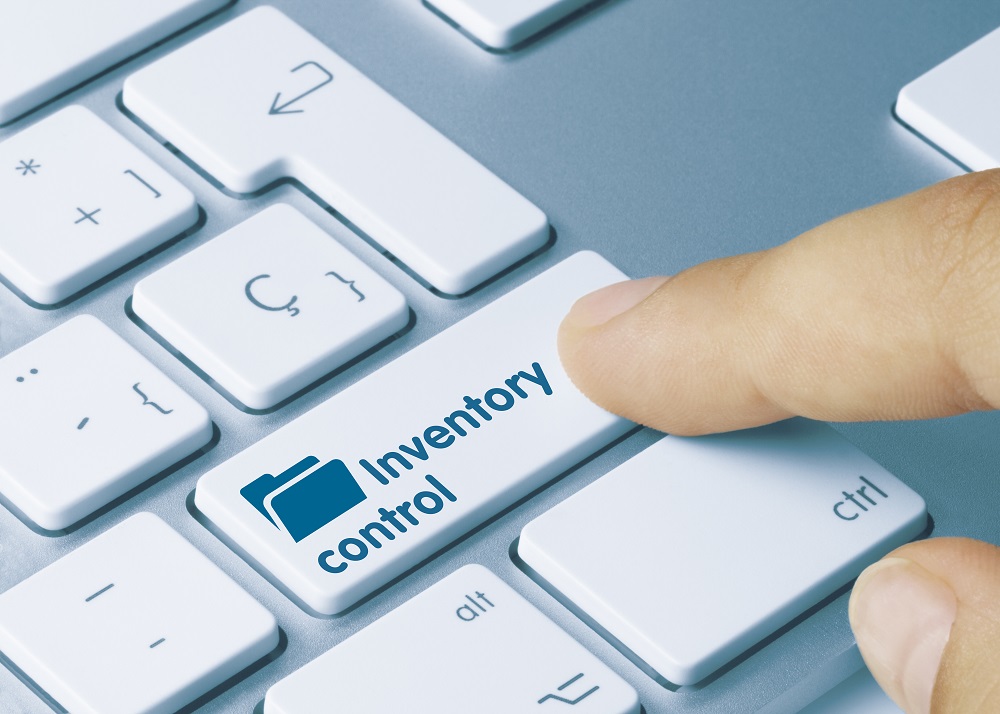Are you having problems selling your slow-moving products? Do they cause problems regarding your inventory? If these situations are happening to you right now, learning inventory control might help you address these issues.
Manufacturing inventory control is the process of storing a balanced number of products to prevent storage issues such as overstocks, shortages, and other problems that may result in unwanted costs. It also ensures to drastically reduce and further eliminate the presence of slow-moving products that take up a lot of space intended for other potential products.
In addition, inventory control is focused on increasing products that sell fast and effectively. This will help you save time, money, and effort because you don’t have to waste hours reordering raw materials and producing products that aren’t necessary. It also helps you optimize your storage facilities as you gradually remove unnecessary products, giving way for quick-selling ones.
Because of this, you’re certain that your warehouse won’t result in overstocking of supply because everything inside is fast-moving, resulting in a consistent flow of revenue. However, inventory control is often used interchangeably with inventory management, but actually, one is significantly different from the other.

What’s The Difference Between Inventory Control And Inventory Management?
To put it in a simpler perspective, you can say that inventory control is only a part of manufacturing inventory management. That being said, inventory management is the overall process concerning the entire inventory procedures, including purchasing raw materials, inventory costs, and inventory overheads.
In addition, you may conclude that inventory control is the operational mind of your inventory, promoting the organization and stock movement. On the other hand, inventory management ensures enough production of goods to gain sufficient and significant profit, leading to business success.
How Does Inventory Control Improve Business Processes?
Functional inventory control will help you ensure that your business works and products meet consumers’ growing demands. According to experts, most people stop transacting to businesses with poor customer service, and one of the most common issues leading to this problem is the shortage of high-selling goods.
Because of this, people will turn to your competitors and may result in increasing frustrations and bad reviews online. With that said, you may conclude that inventory control is absolutely crucial to the success of every business, and that includes yours as well.
Here are other issues that can be prevented and addressed by efficient inventory control:
- Product spoilage
- Loss of goods due to unknown reasons
- No proper tracking of goods
- Overstocks
- Costs of excess storage
- Losing potential revenue
What Are The Best Tips That’ll Help You Execute Proper Inventory Control?
Here are expert-approved tips that you might want to know before starting a new inventory control system:
- Know The Essentials Of A Functional Inventory Control
You’ll realize that you have working inventory control if it addresses waste issues regarding your warehouse space, sets up vendor relationships, and orders supplies based on forecasts. Also, proper inventory control will allow you to create production orders and have the purchasing department sell them consistently.
- Plan Before You Execute
This principle doesn’t only apply to inventory control, but also to all business operations. You should also understand that inventory control isn’t a one-way ticket, meaning you have to constantly update it, depending on the market trends in the industry. With this, you’d need to update your production forecasts for the coming weeks and months and make adjustments to your plans if needed. Also, checking the news will help you keep an eye on what’s going on in the industry.

- Maintain Critical Stock
To do this, you’d need to check which stock is always critical. These are fast-selling products, and you want to make sure that they’ll never result in shortages. Because of this, a sound inventory control system is necessary.
- Review All Cargo For Possible Losses
Before your shipment leaves your facility, make sure that everything has been checked appropriately for damages and packing slips. This will help you prevent any losses. You should also review everything that your business receives, including raw materials.
- Choose The Right One To Do The Job
Inventory control is no easy task, and that’s why you have to choose the best of your staff for this critical position. People good in math would be an advantage since they have a way of interacting with a series of numbers. Also, make sure that you have officers at different levels, from warehouse managers to front-line personnel.
- Always Have Backups
Data can be stolen online, so make sure that every detail, especially critical information, has backups updated every 24 hours. This will help you a lot during cyberthreats and electricity issues. Also, you might want a software system like cloud-based storage to keep your precious inventory data always secured.
Final Words
Inventory control is one of the most important processes your business should always have. In addition, if done accordingly, inventory control will greatly contribute to your success. This is because of its ability to maintain healthy stocks that significantly reduce costs by preventing overstocks. If you don’t have proper inventory control yet, it’d be best to call your officers and set a meeting to address this concern right away.
 Entrepreneur Resources Your source for small business information
Entrepreneur Resources Your source for small business information




